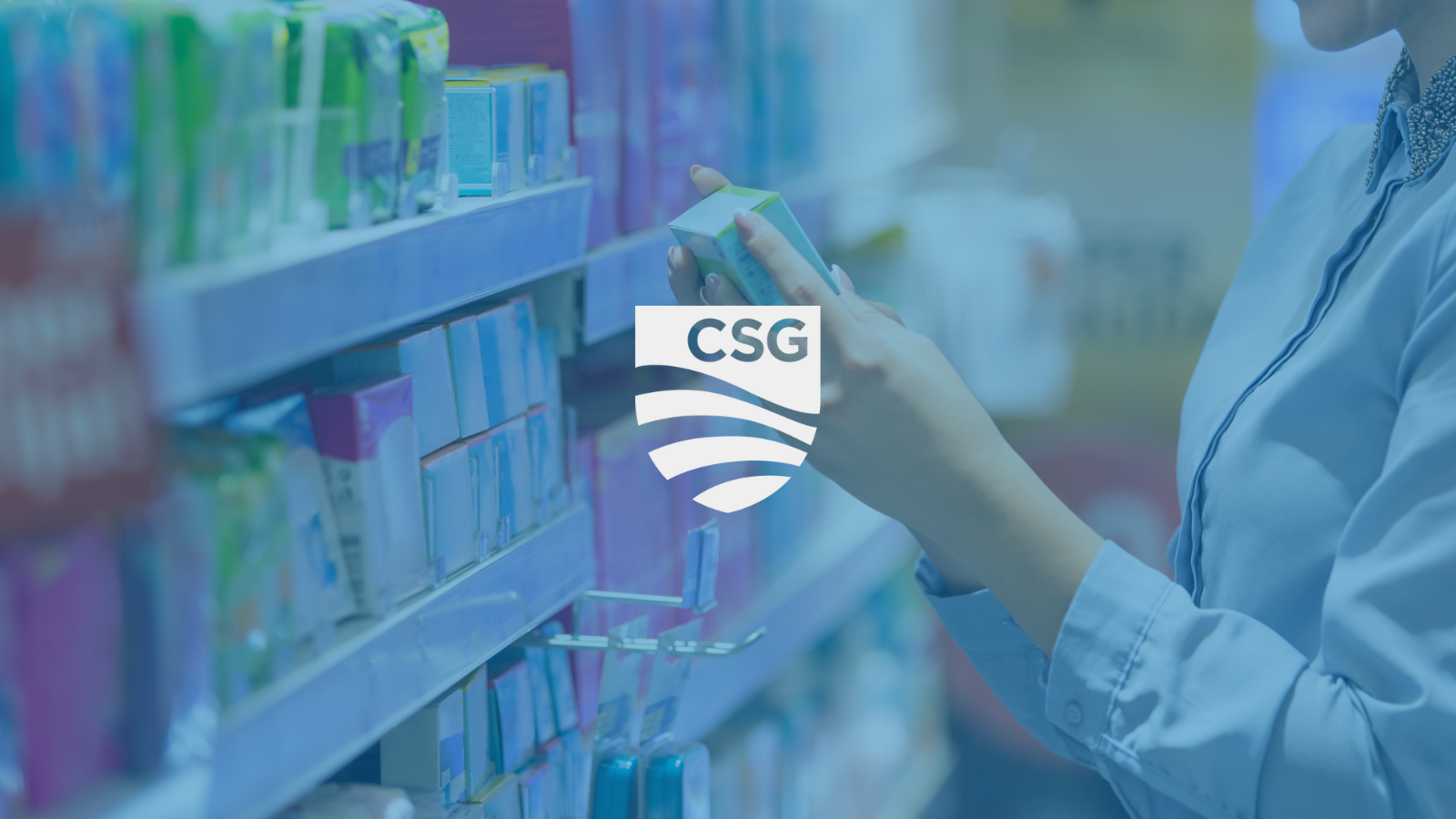
By Grace Harrison
Period poverty is a term gaining worldwide traction in discussions of public health and gender equality. It refers to the general struggle that people face when they cannot access or afford proper menstrual hygiene products or information about their menstruation. Menstrual product shortages like the tampon shortage created by the COVID-19 pandemic, as well as the financial burden of purchasing these products, can make them inaccessible to many consumers. Currently, 22 states (Map 1) tax tampons, pads and other necessary period products at rates ranging from 4-7%. The tampon tax, in addition to rising costs of inflation, contribute to period poverty.
The Impacts of Period Poverty
Period poverty impacts mental, physical and social health. The lack of menstrual products and the stigma around menstruation can cause frequent absences from school, work and other activities, causing disruptions to education and creating additional financial strain. More than four out of five teens had personally missed class or knew someone that missed class due to menstrual hygiene products being inaccessible, according to a survey commissioned in the U.S. by Thinx, a period product company, and PERIOD, a nonprofit. When people lack access to pads, tampons or other menstrual products, they may turn to unsanitary substitutes such as old clothes or toilet paper. In addition to the embarrassment and discomfort this may cause, there is potential risk of infection, further deteriorating overall wellbeing.
Period poverty is particularly pervasive for individuals in prisons, detention facilities and homeless shelters. Just 25 states (Map 2) explicitly require state prisons and detention facilities to provide free menstrual hygiene products in sufficient quantity to prisoners. Even so, these products are often of poor quality or the policies are not properly enforced, sometimes leading to the exploitation of prisoners in exchange for menstrual hygiene products.
For individuals experiencing homelessness in any capacity, hygiene – especially menstrual hygiene – becomes difficult. Access to bathrooms, clean water and privacy is limited even in homeless shelters. Hygiene product donations to shelters often do not include period products, making it hard for shelters to meet the needs of the people they serve.
Legislative Action
Thirty-two states and Washington, D.C., have statutes or legislation regarding the provision of free menstrual hygiene products in schools, prisons and/or shelters. Illinois and New York currently maintain the most complete policies, as they require free menstrual hygiene products in schools, shelters and prisons statewide.
Most states requiring menstrual hygiene products in schools utilize district funding. However, policies established in states like Alabama, Colorado and North Carolina rely on grant programs. Several states have established gender-inclusive policies or updated existing policies with gender-inclusive terminology. For example, California, Rhode Island, Washington D.C., and others include gender-neutral school bathrooms as a location requirement for menstrual hygiene supplies. Alternatively, states like Arkansas require schools to make these products accessible in a central or specified location aside from bathrooms so that any student may have access.
Despite efforts by legislators and nonprofit organizations, individuals who menstruate still face daily challenges of sanitation, privacy and access to menstrual hygiene products. More comprehensive and nationwide legislation addressing taxation and provision of products, as well as thorough menstrual health education, is needed to eliminate the frequency of period poverty in the U.S.




